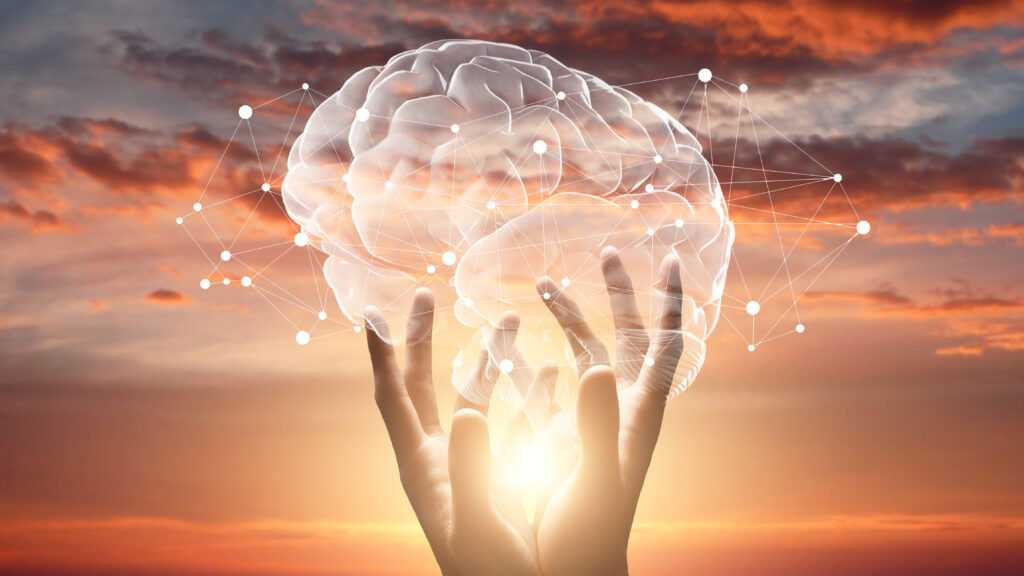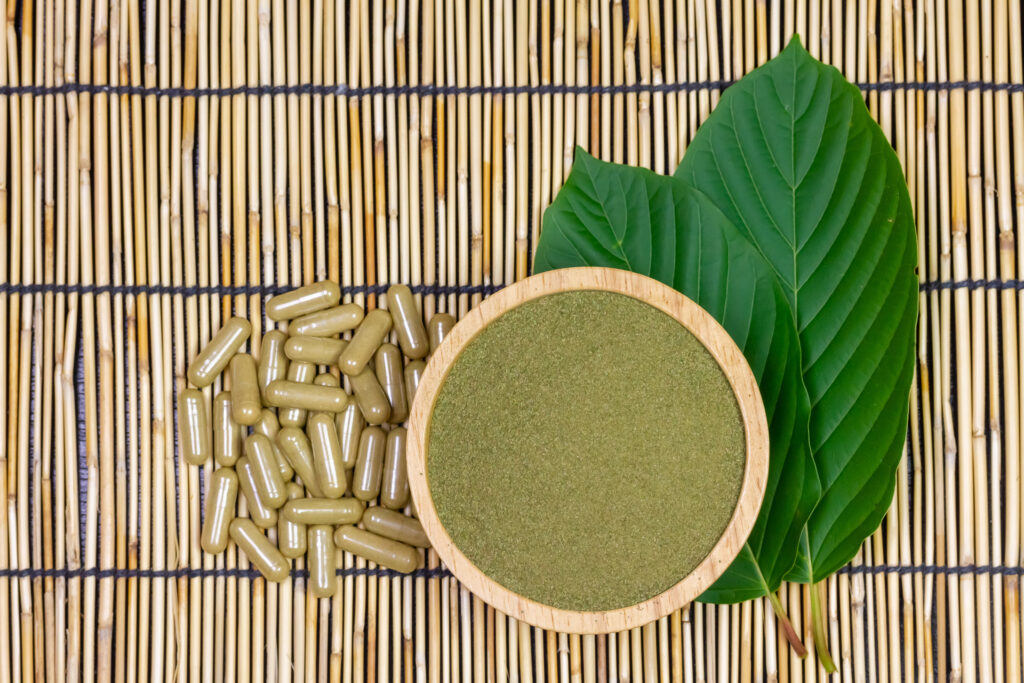Even though addiction has been with humankind since we first figured out how to make alcohol, it is still one of the most widely misunderstood diseases.
Many people are still unaware that addiction is considered a chronic brain disease—-mistakenly believing instead that substance use disorders are the result of poor willpower or weak moral fiber. Whether it’s painkillers, Xanax, Adderall, or alcohol —- addiction is not the fault of the sufferer. But it is their responsibility to ask for addiction help or accept it when it’s offered.
Understanding the addiction cycle and the stages of addiction is essential to understanding addiction as a whole and why it does the damage it does.
This Redemption Recovery article explores the cycle of addiction and its stages to help you better understand substance use disorders.
What Is the Addiction Cycle?
The addiction cycle, also known as The Stages of Addiction, is a repeating pattern of stages that people who are experiencing addiction usually follow. Understanding the Stages of Addiction can be helpful not only for someone who is caught up in addiction themselves—but also for the loved ones of an addicted person.
It can be very hard to understand the behaviors of a person with a substance use disorder since they can seem illogical and self-destructive (and often are). Studying the addiction cycle and recognizing that addiction ‘rewires’ the brain and changes a person’s priorities can help you make some sense out of chaos. Most importantly, it can lead to addiction treatment and recovery.
The Stages of Addiction, AKA The Addiction Cycle
1: First Use of Drugs or Alcohol
The person tries the substance for the first time. Of course, not every person who tried alcohol or drugs once ends up addicted. But for many people, especially those who are more vulnerable to addiction, this first use, the first ‘head change,’ is what sets the addiction cycle in motion.
The reasons why people get drunk or high for the first time range anywhere from boredom to depression, anxiety, or even peer pressure or a desire to fit in. Being aware of these reasons can help you recognize if you or someone you love may be more vulnerable to drug or alcohol abuse.
2: Alcohol or Drug Abuse and Misuse
The person starts drinking or using drugs more frequently and in larger amounts. What began as weekend drinking spills over into the week. Adderall use once or twice a week becomes daily.
Using heroin or meth at parties and only with certain people turns into a daily occurrence, and using alone. The drink or drug moves up the list of priorities in that person’s life, moving other activities, responsibilities, and even people out of the way.
3: Tolerance Develops
Physical tolerance is a bigger factor, with some drugs more than others. But virtually everyone who gets caught up in the addiction cycle eventually needs to use more and more opioids, stimulants, or benzodiazepines like Xanax to get the effect they are after.
Dependence is complex, but a large part of it has to do with brain chemistry. As the body becomes accustomed to the presence of drugs, the drugs begin to be less and less effective. This is also part of the mechanism that leads to physical withdrawal when a drug is removed.
4: Physical Dependence:
Physical dependence and addiction are often confused. Physical dependence on a drug happens to anyone who uses a substance that causes dependence regularly for a while. Dependence is the result of changes in body chemistry due to the presence of a drug like painkillers, heroin, alcohol, or benzodiazepines.
When a person is dependent and suddenly stops using the substance or dramatically cuts down, they will begin to experience withdrawal symptoms. These can range from nausea, vomiting, and diarrhea to muscle cramps, anxiety, and hallucinations. Withdrawal symptoms can be dangerous and even fatal in some cases.
A person experiencing withdrawal should get immediate medical addiction treatment —- including a drug and alcohol detox when necessary. It’s about more than just discomfort. That person’s life could be in danger. If you think someone is in serious withdrawal from alcohol, benzodiazepines, or barbituates and at risk of a seizure, do not wait. Call 9-1-1.
5: Addiction (Psychological Dependence):
The person’s life becomes centered around obtaining and using the substance despite negative consequences. Addiction often goes hand-in-hand with physical dependence, but a person does not need to be physically dependent on drugs or alcohol to have an addiction. This is important to understand.
Just because a person can stop drinking or using for a few days without getting sick—-that does not mean they are not addicted. Addiction is complex and progressive. Without addiction treatment and recovery, addiction gets progressively worse over time. There is no cure for addiction. It is a chronic illness that requires a lifetime of abstinence and a program of recovery to manage.
6: Relapse
After a period of abstinence and sobriety, short or long, the person picks up a drink or a drug again and returns to substance use. Relapse can have many causes, ranging from psychological stress to environmental triggers. Being in a certain neighborhood, even a smell, sound, or contact from a certain person.
Stress is a common trigger, as is unresolved trauma and untreated mental health disorders like depression or anxiety. This is one reason why dual-diagnosis treatment is so important. Addressing co-occurring disorders during addiction treatment can be an effective tool for relapse prevention.
Break the Cycle of Addiction and Find Redemption Today
We hope our article on the Stages of Addiction was helpful and informative. The key things to remember are that while there is no “cure” for addiction as of yet—-thousands of people in Ohio have found help for addiction and a way to live in long-term recovery.
No matter how far you think you or your loved one have fallen down the addiction spiral—-THERE IS HOPE!
Our compassionate team of addiction specialists is ready to help — but only you can make the first call.
One call can change it all.
It’s time for Redemption: (419) 528-8007
Find out what addiction treatment your insurance will cover here.





